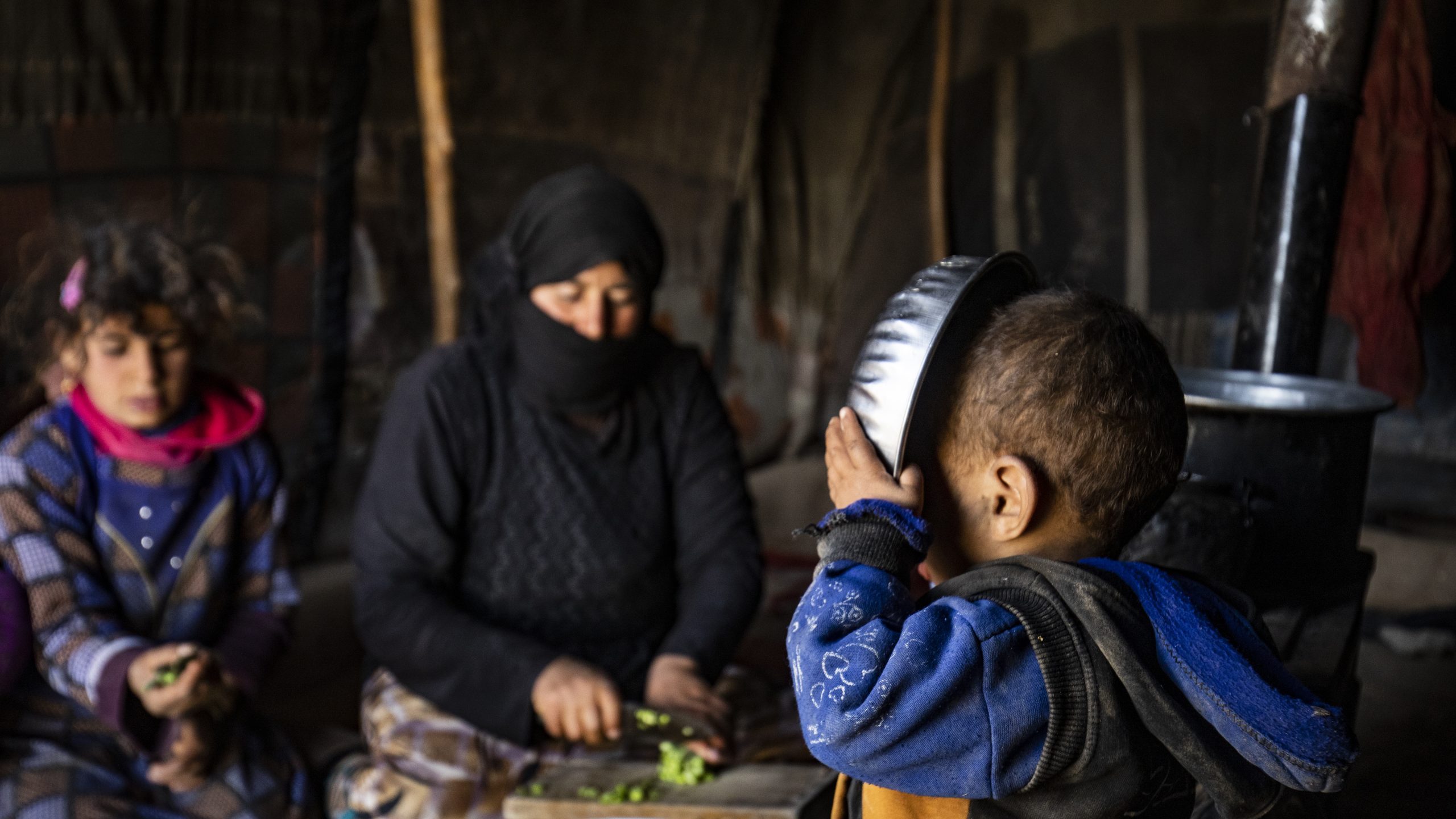The United Nations World Food Programme (WFP) is reducing life-saving food aid to northwestern Syria from next month, and families say they fear going hungry.
The UN agency has been forced to reduce items in its monthly emergency food basket due to funding constraints and skyrocketing food prices, which have been exacerbated by the war in Ukraine and the economic crisis in Syria.
“For northwest Syria this means, starting May 2022, the [food] basket will reduce from 1,300 to 1,170 [kilocalories] per person,” a WFP spokesperson, who asked that their name not be used, told Al Jazeera.
A local aid organization in northwest Syria also confirmed to Al Jazeera that the WFP had notified them of the food assistance cuts by email on April 8th. The organization asked to remain unnamed as it was not authorized to comment on the status of UN programs.
The reduction means that needy families will receive the same amount of vegetable oil, wheat flour, salt, and sugar from the UN agency, but monthly quantities of lentils, chickpeas, rice, and bulgur wheat will be cut back. WFP had previously reduced the monthly food basket in September 2021.
Since the onset of the war in Ukraine, the price of vegetable oil has increased in Syria by 39 percent and wheat flour is up by 10 percent.
“If they eventually stop providing food baskets, we will die of starvation with our children,” said 35-year-old Wassel al-Ghajar, a father of four who is expecting his fifth child next month.
“The food basket would help us get by for much of the month,” he told Al Jazeera.
This article was edited by The Syrian Observer. The Syrian Observer has not verified the content of this story. Responsibility for the information and views set out in this article lies entirely with the author.


